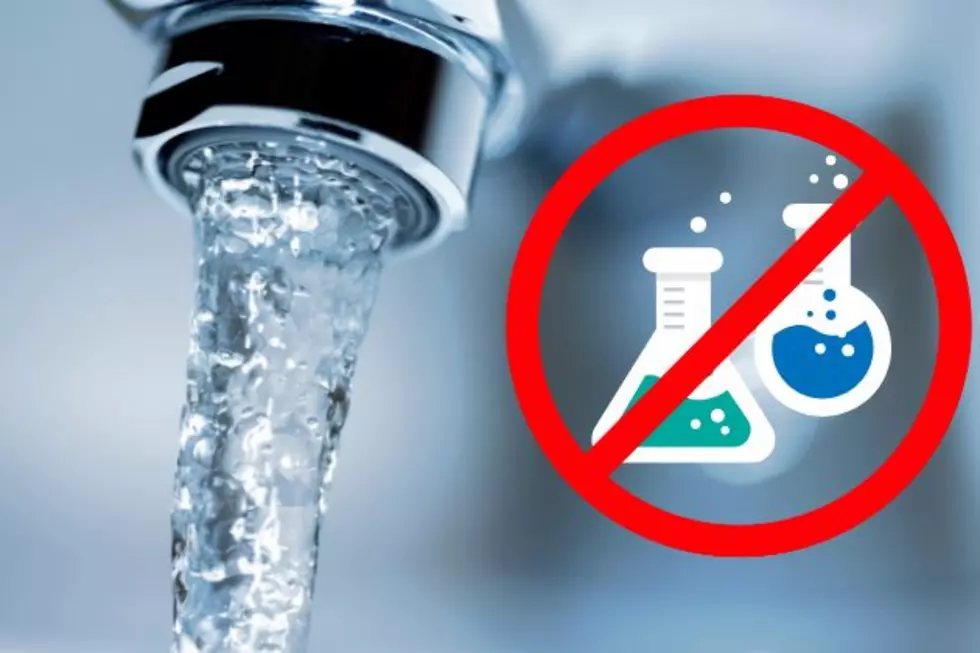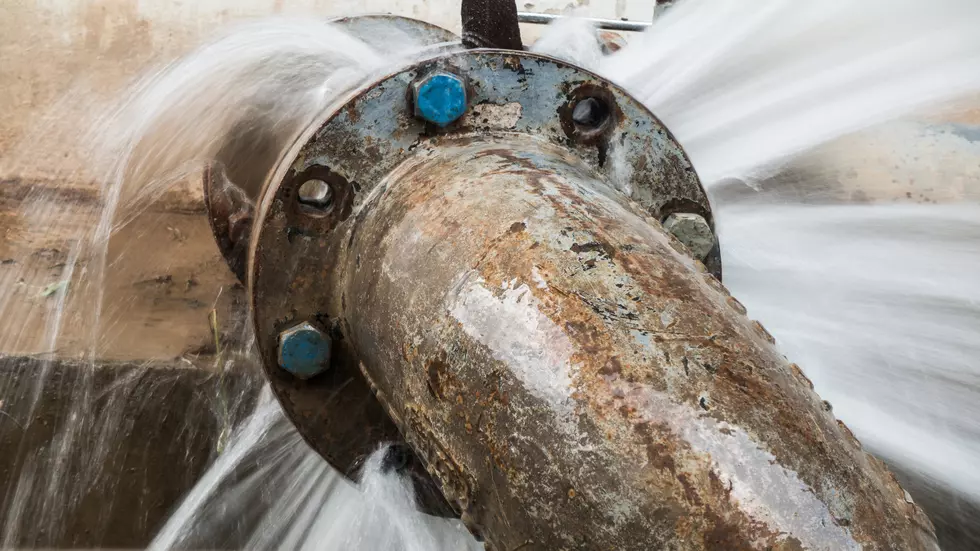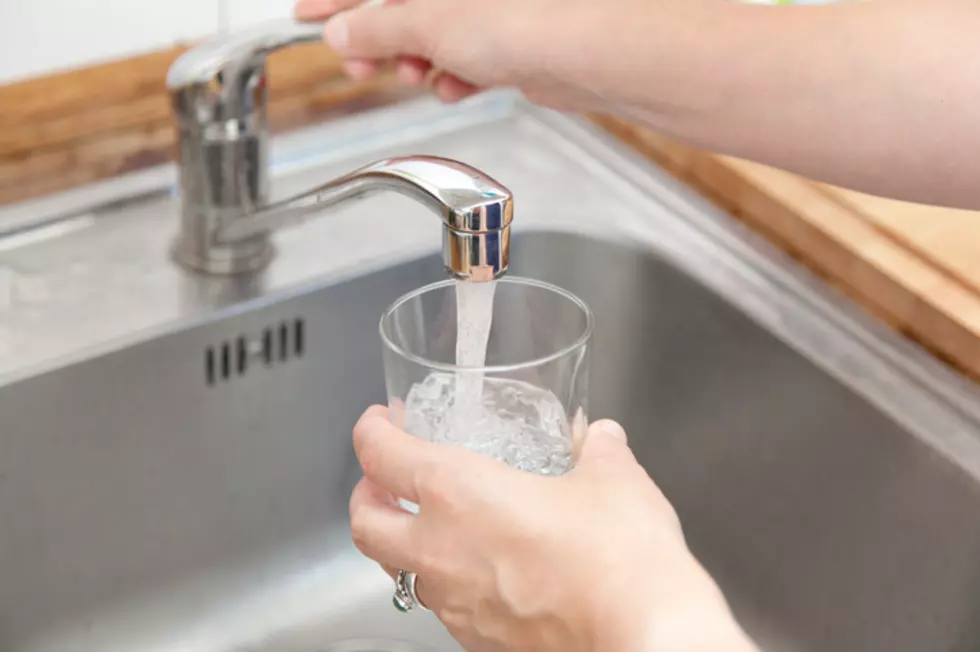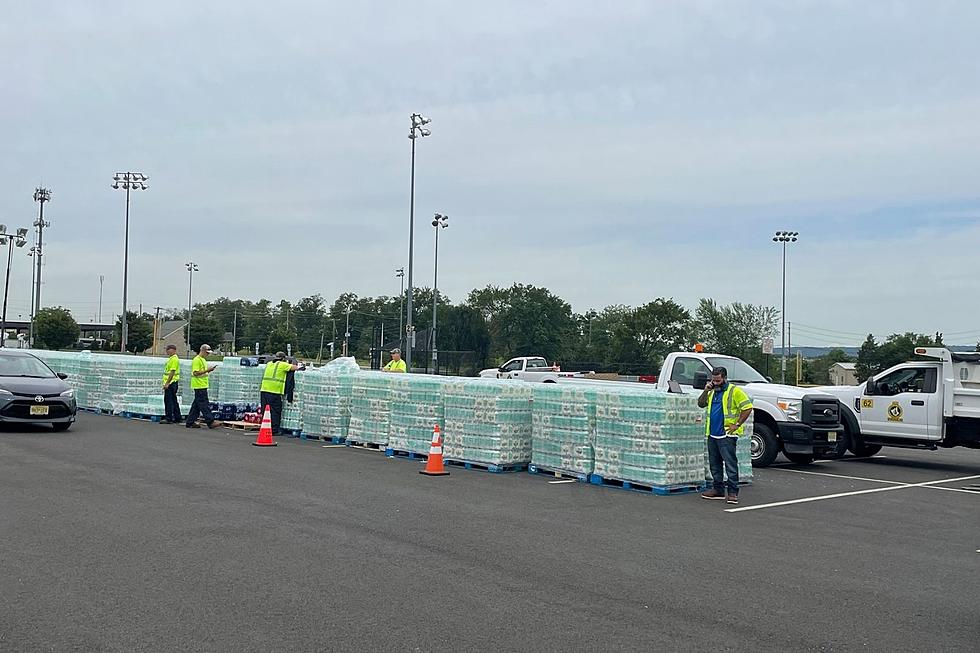
New limits set for ‘forever chemicals’ in NJ’s water supply
🔵 The EPA has announced strict limits related to PFAS, aka "forever chemicals"
🔵 Utilities have an expensive task ahead: meeting the new standard
🔵 Ratepayers may be impacted by added expense
Man-made chemicals that have tainted water supplies for decades are, for the first time, the target of limits announced by the federal government.
Now it's on utilities to fall in line with the strict standards, perhaps at the expense of ratepayers.
The Environmental Protection Agency says common types of per- and polyfluoroalkyl substances, or PFAS, will need to be limited to 4 parts per trillion. That's the lowest level tests can reliably detect.
PFAS have been used in commercial and industrial applications for more than 70 years. The so-called "forever chemicals" are still used today in firefighting foam.
While their use in products such as nonstick cookware and waterproof clothing has been phased out, contamination from past usage is expected to continue indefinitely because they're soluble and mobile in water, according to the New Jersey Department of Environmental Protection.
New Jersey already has its own standards related to the presence of PFAS in water. The federal government's announcement tightens the cap even more.
Who will pay for upgrades?
"We have seven surface water plants, all of which we believe will require some level of additional treatment to be built," said Mark McDonough, president of New Jersey American Water.
The utility said it fully supports the upgraded standard, but it will take time and money to get systems in line with where they need to be within five years (the EPA's deadline).
"We are currently evaluating the impact overall, so I can't say for certain what the impact may be on ratepayers," McDonough said.
Utilities are counting on financial assistance from the government, as well as entities that started the problem, such as the manufacturer 3M, which recently agreed to pay out billions to water purveyors impacted by PFAS.
SEE ALSO: Where is Central Jersey? It may be bigger than you think
"While PFAS present a continuing challenge to New Jersey's water supplies, added support from President Biden's Bipartisan Infrastructure Law has enabled New Jersey to provide its water systems with the low-cost financing needed to make upgrades that will reduce PFAS exposure, protect the health of New Jersey families, and ensure that businesses who too rely upon clean water continue to thrive in the Garden State," said Gov. Phil Murphy.
The EPA's rule is the first national limit on PFAS. The agency believes it will reduce exposure to potential illness for 100 million people.
The Associated Press contributed to this report.
Report a correction 👈 | 👉 Contact our newsroom
Don't get fooled: Here's 24 scam texts I received in just one month
Gallery Credit: Mike Brant
LOOK: Here's how much grocery shopping now costs in the U.S.
Gallery Credit: Mike Brant
More From New Jersey 101.5 FM








